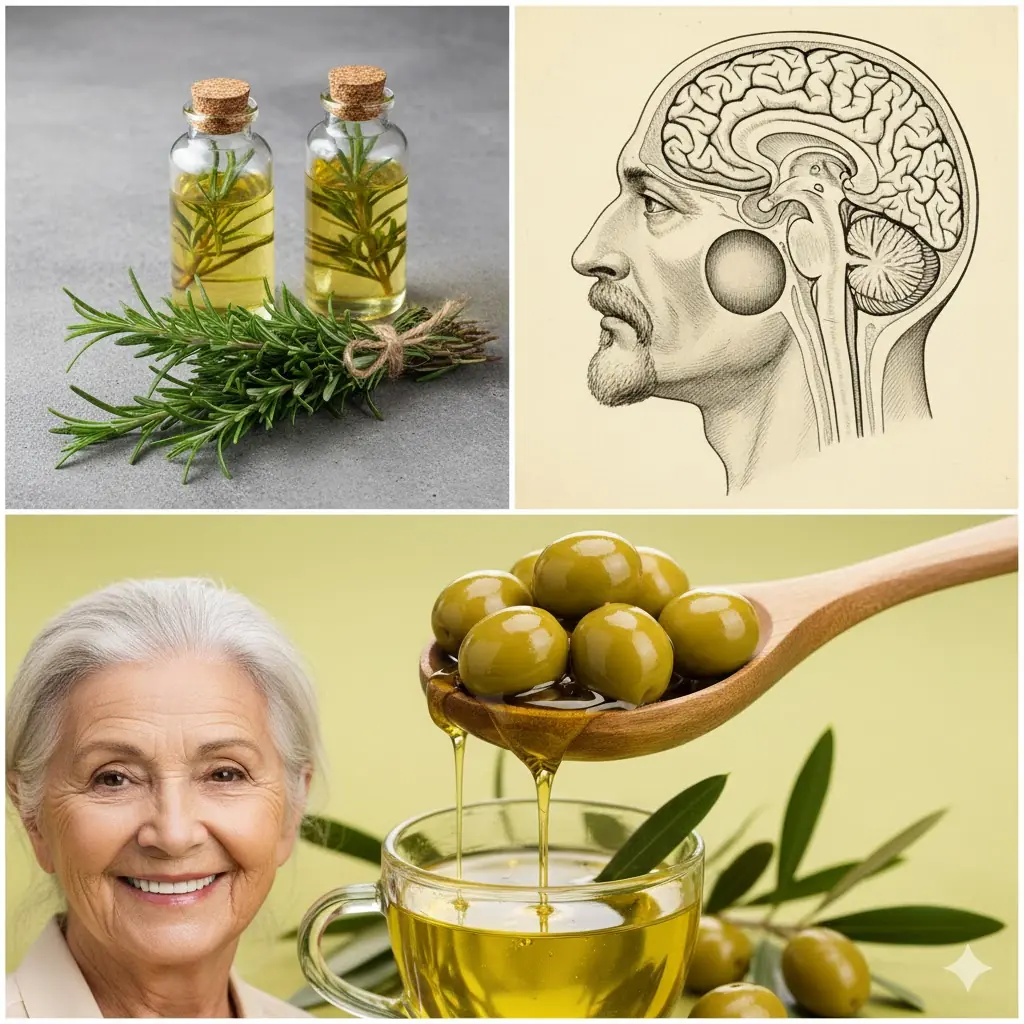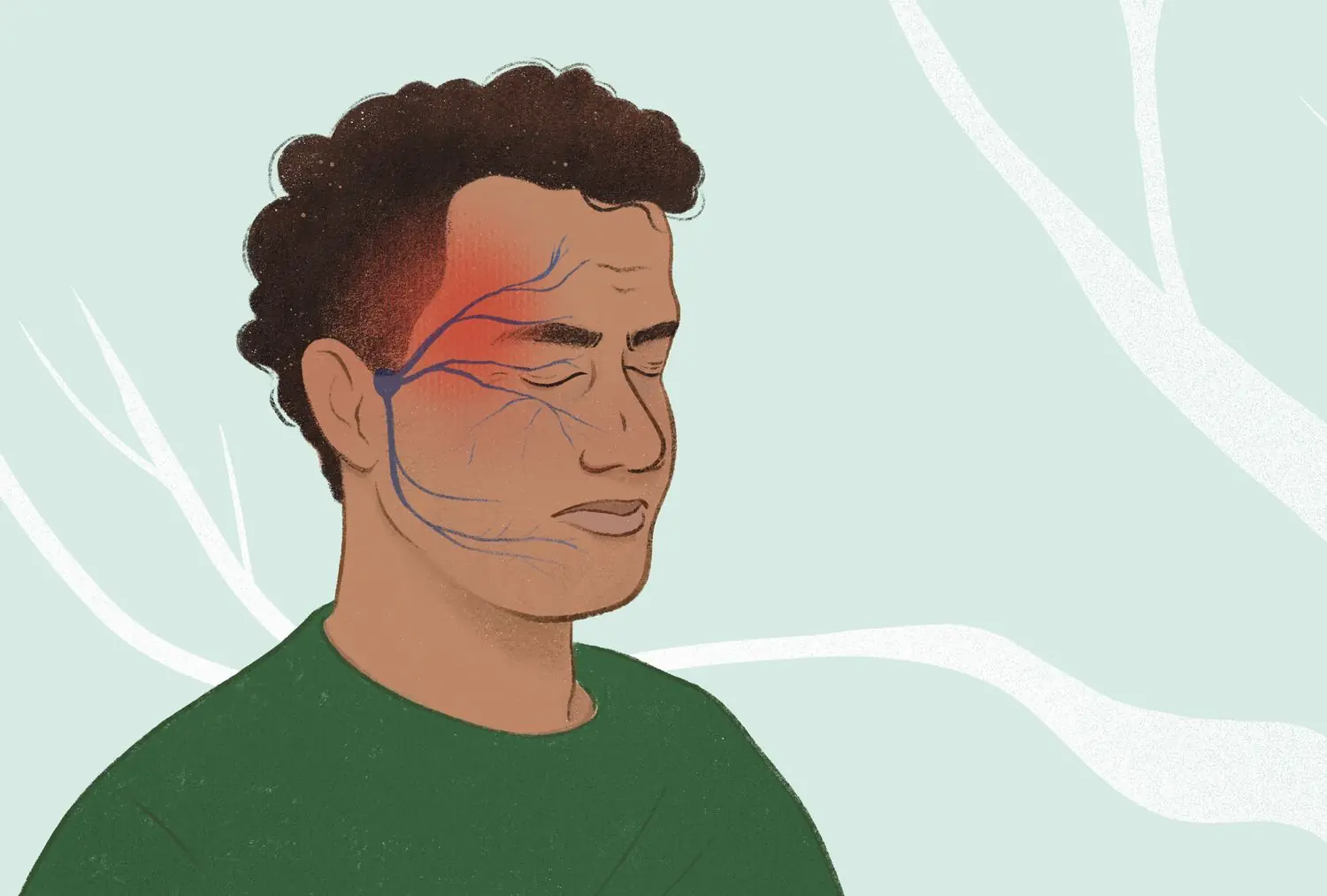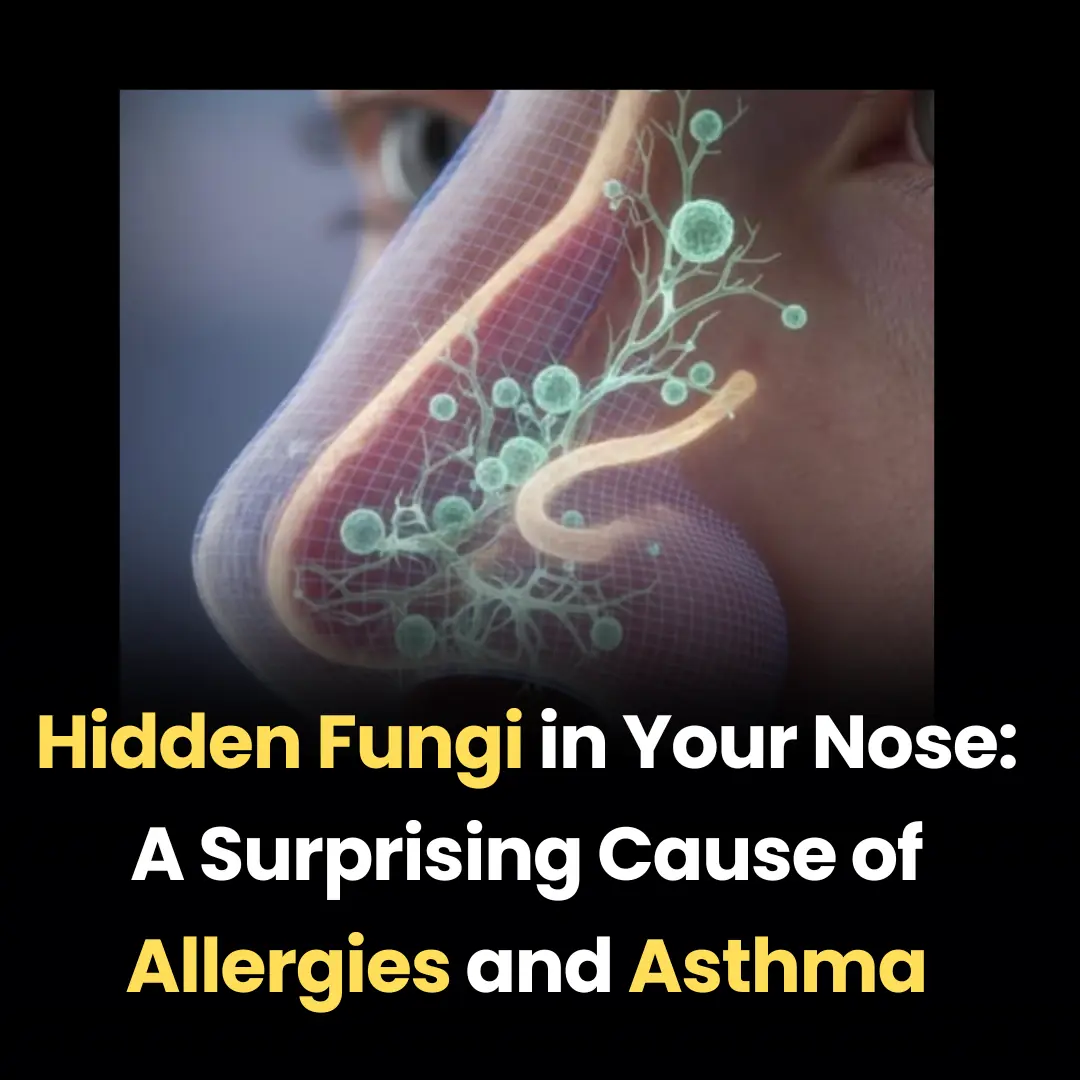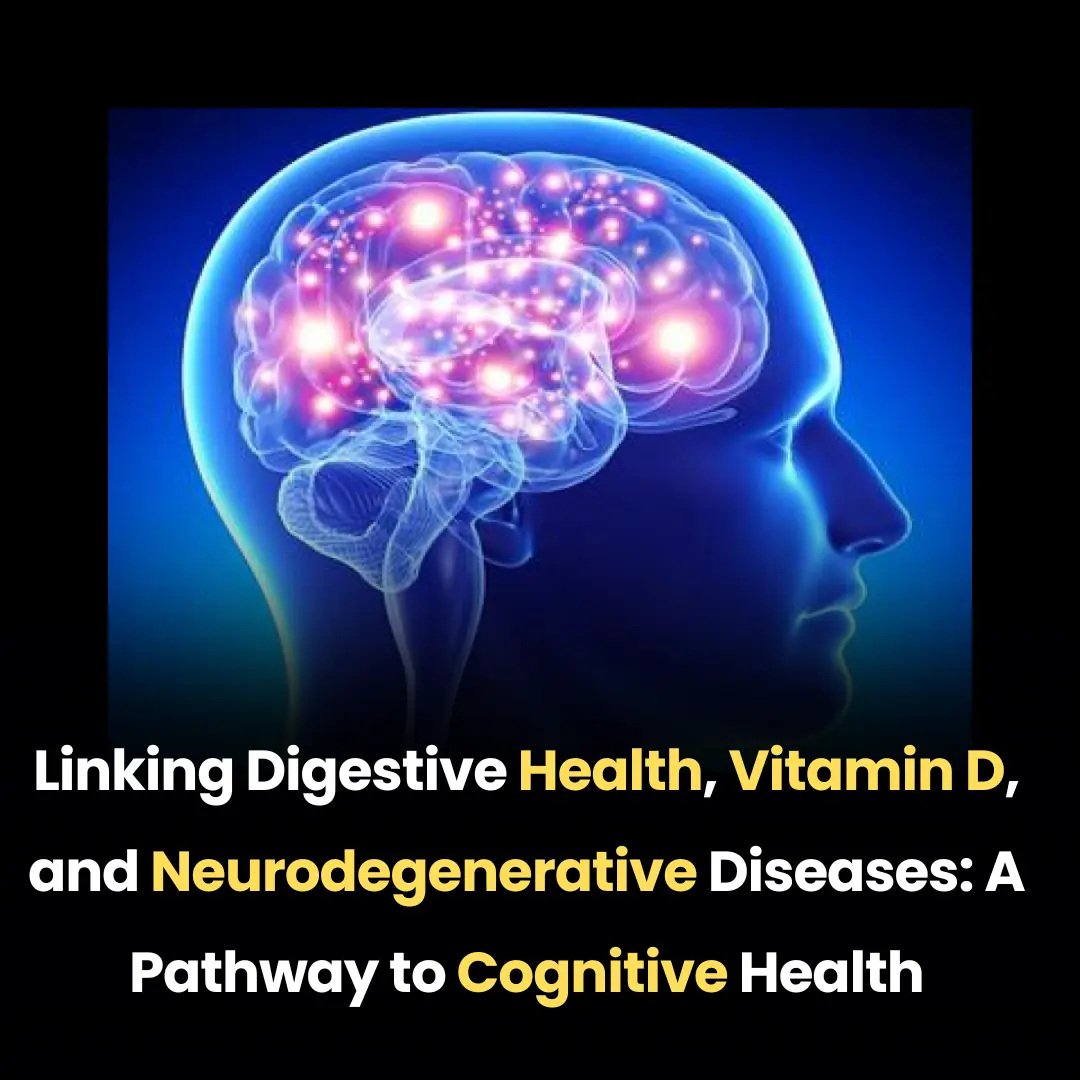
AVOID Ginger If You Have THESE Health Problems

When Should You Avoid Ginger? Health Conditions That Require Caution
Ginger is widely praised for easing nausea, boosting immunity, and adding flavor—but it isn’t safe for everyone. Certain health conditions and medications can turn this powerful herb into a potential risk. Here’s what you need to know before adding ginger to your diet.
Key Takeaways
-
Ginger acts as a natural blood thinner and may cause dangerous bleeding in people with clotting disorders or those on blood-thinning medications.
-
It may cause sudden drops in blood sugar for people with diabetes.
-
Ginger stimulates bile, which can worsen gallbladder problems, including gallstones.
-
Some heart patients should avoid ginger because it can increase heart rate or interfere with cardiac medications.
-
Ginger should be stopped before surgery due to bleeding risks.
Who Should Limit or Avoid Ginger?
1. People With Bleeding Disorders
Ginger contains compounds with strong antiplatelet and anticoagulant effects. These can interrupt normal clotting, increasing the risk of prolonged or excessive bleeding. If you have hemophilia or take blood thinners like warfarin, clopidogrel, or aspirin, consult a doctor before using ginger.
2. Individuals With Diabetes

Ginger can cause unexpectedly low blood sugar levels, especially for people on diabetes medication. This may lead to dizziness, weakness, or dangerous glucose fluctuations.
3. People With Gallbladder Issues
Ginger stimulates bile production, which can trigger or worsen symptoms of gallstones or gallbladder inflammation.
4. Heart Patients
Because ginger may increase heart rate or interact with heart medications, people with cardiovascular conditions should be cautious. Its blood-thinning effects can also intensify the impact of antiplatelet drugs.
Medication Interactions & Risks
Blood-Thinning Medication
Ginger can enhance the effects of warfarin, aspirin, and similar drugs, increasing bleeding risk.
High Blood Pressure or Diabetes Medication

It may amplify the effects of antihypertensive or antidiabetic drugs, leading to unexpectedly low blood pressure or low blood sugar.
Being Underweight
Ginger can suppress appetite, making weight gain more difficult.
Pregnancy
While often used for morning sickness, high doses of ginger may increase miscarriage risk during early pregnancy. Ginger also affects blood clotting, so pregnant individuals should seek medical guidance.
Low Blood Pressure
Because ginger widens blood vessels, it may further reduce blood pressure in people already prone to hypotension.
Before Surgery
Doctors recommend stopping ginger at least one week before any surgical procedure to prevent bleeding complications and blood sugar fluctuations.
FAQs (Shortened)
-
Can ginger worsen acid reflux? Yes. It may aggravate GERD and heartburn.
-
Is ginger risky with medications? Yes—especially blood thinners, diabetes drugs, and certain heart medications.
-
Is ginger safe in pregnancy? Only in small amounts and with medical approval.
-
Can ginger affect headaches or arthritis meds? It may interact with some pain medications.
News in the same category


12 medications you should never mix with coffee

Headache Above or Behind the Left Eye: Causes and Treatments

7 best foods to rebuild your muscle strength after 50

The B vitamin solution: lower blood pressure when medications fail

Take this one shot and watch what happens to your blood pressure

5 Unique Things You Only Experience When Loving an Older Woman

6 Best Remedies To Clear Out Your Arteries

Fix your gut to fix your nerves: the hidden link most people overlook

6 fruits that help your body fight cancer cells naturally

Warning Signs Your Magnesium, Potassium, and Calcium Levels Are OFF and How to FIX It!

Doctors reveal the no.1 supplement to reduce dementia risk

Top 5 veggies to detox your arteries & prevent heart attacks!

High Blood Pressure Has a New Culprit

How to treat nerve pain in the foot, toes & legs

Unlocking the Power of Rosemary Tea: A Natural Elixir for Mind, Body, and Soul

Drinking Water the Right Way

Headache Above or Behind the Left Eye? Here’s What It Could Mean
News Post

From Space to Earth: The Science Behind Felix Baumgartner’s Record-Breaking Jump

Transforming Oil into Green Prosperity: The Success of Norway’s Sovereign Wealth Fund

Maximize Broccoli's Cancer-Fighting Power: The Simple Trick That Boosts Sulforaphane Formation

Hidden Fungi in Your Nose: A Surprising Cause of Allergies and Asthma

From Dialysis to Remission: How New Drugs Are Changing the Fight Against Chronic Kidney Disease

The Hidden Beauty of Grass: Discovering Smiling Faces Under the Microscope

The Quiet of Blue Whales: How Climate Change is Affecting Whale Behavior and Ecosystems

The Arrival of Mosquitoes in Iceland: A Sign of Shifting Ecosystems and Public Health Risks

PP405: A Promising New Drug That Could Revolutionize Hair Loss Treatment by Reactivating Dormant Hair Follicles

Astronomers Capture Groundbreaking Image of New Solar System Formation

Denmark's 'Rolling Grocer' Initiative Brings Fresh Food and Community Connection to Rural Seniors

Mosquitoes Discovered in Iceland for the First Time: A Warning of Climate Change Effects

Denis Vashurin: The Man Who Appears as a Teenager Despite Being in His 40s

M.K. Prakasan: The Teacher Who Swims 12 km Daily to Educate Students in Kerala

Belgian Prodigy Laurent Simons Earns PhD in Quantum Physics at Just 15 Years Old

Revolutionary Cancer Treatment: Activating Immune Structures Within Tumors to Shrink Cancer and Prevent Relapse

Flaxseeds Gel For Faster Hair Growth

Linking Digestive Health, Vitamin D, and Neurodegenerative Diseases: A Pathway to Cognitive Health

The 400-Year-Old Greenland Shark: A Living Witness to Centuries
